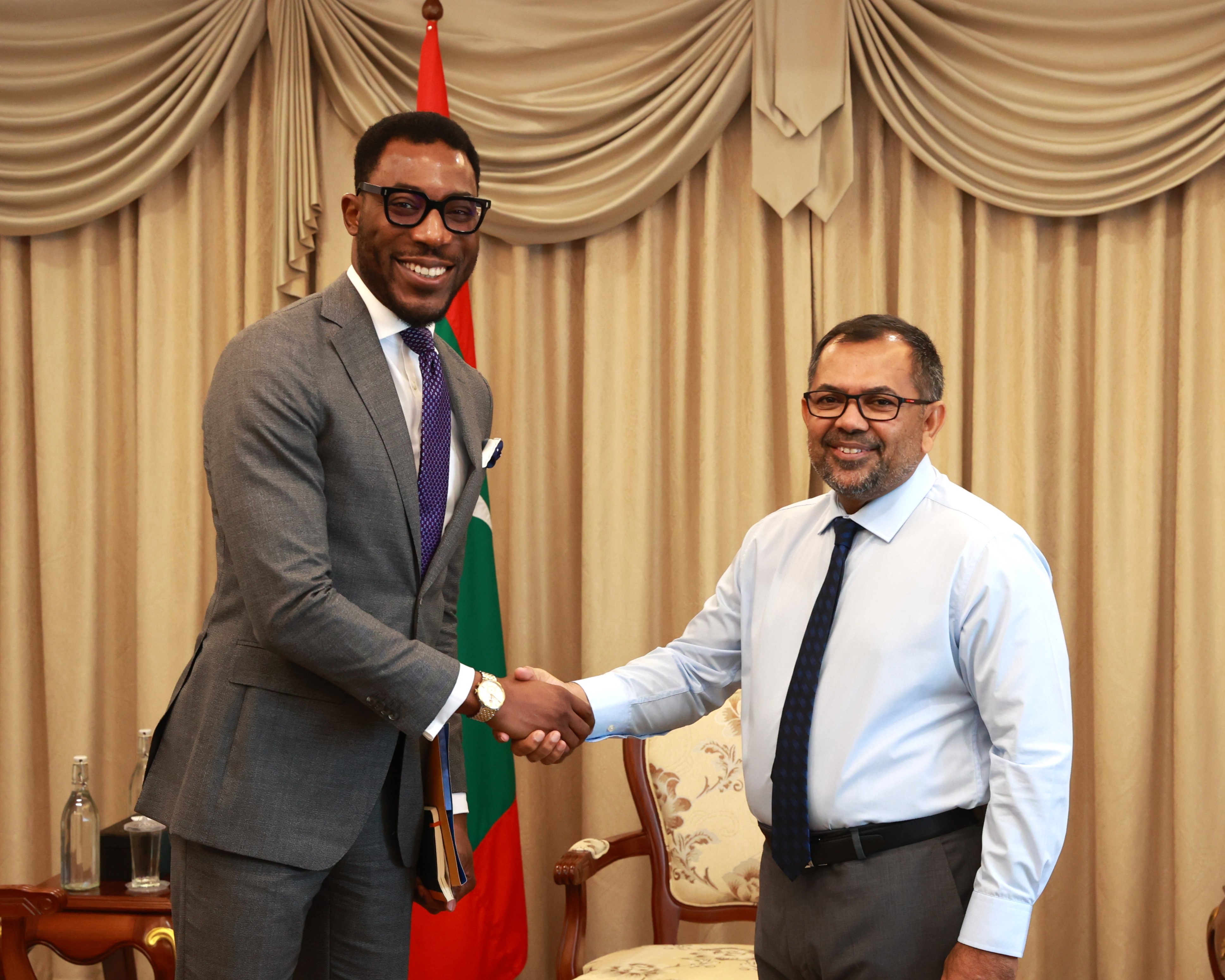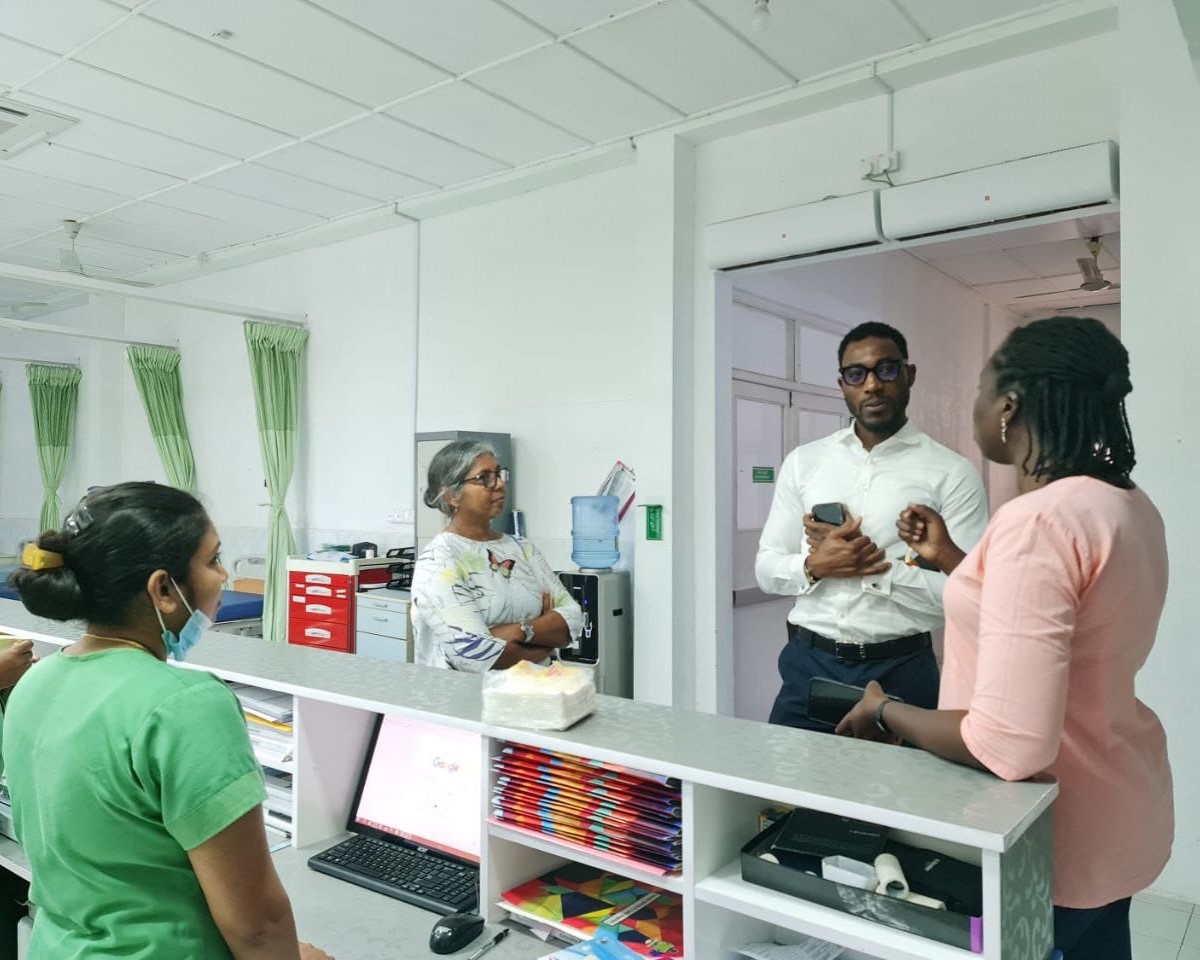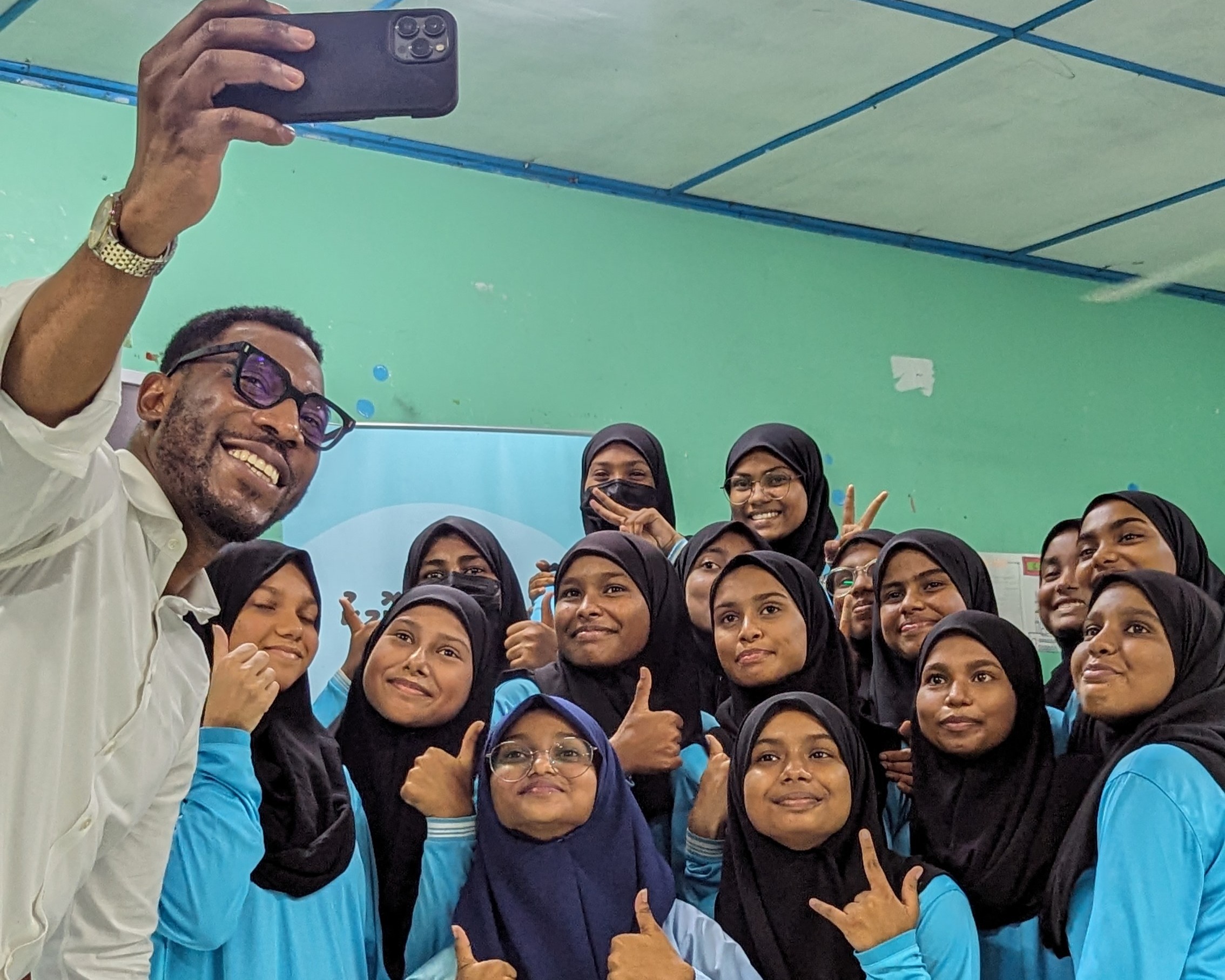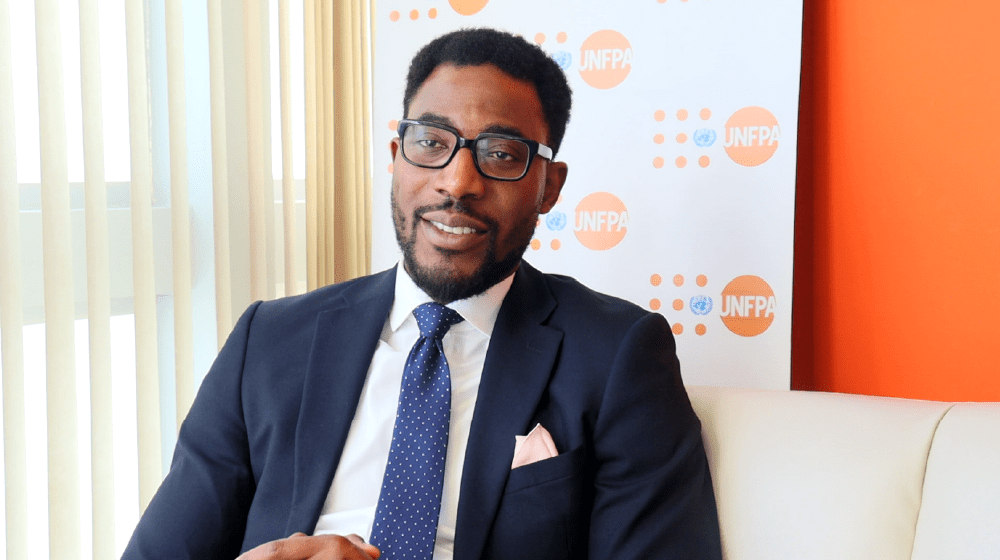In December 2023, a month following the inauguration of the Maldives’ new government, I had the privilege of engaging with key policymakers and diplomats, including Ministers and Ambassadors representing different bilateral partners to get a sense of the direction Maldives was taking.. The conversations provided a unique opportunity to connect with the new leadership and explore crucial demographic and development issues.
The visit commenced with a series of high-level meetings with key figures in the newly established government. These discussions were instrumental in laying the groundwork for mutual understanding and collaborative efforts in sustainable development. Our conversations focused on crucial issues such as the upcoming International Conference on Population and Development (ICPD) and the essential role of evidence-based policy formulation. These dialogues were crucial, underscoring a shared commitment to addressing the complexities of ageing populations and the intricacies of low fertility trends.

© Ministry of Foreign Affairs
Transitioning from policy discussions to on-the-ground insights, the true essence of my visit was captured during my field trip to Noonu Atoll, which provided a firsthand look at the local challenges and opportunities. Discussions with the Atoll Council and healthcare visits illuminated the realities faced by these communities. In N. Manadhoo, the Atoll Council highlighted the disconnect between local aspirations and national policies, a gap evident in the limited economic activities and recreational opportunities for different age groups.

© UNFPA Maldives
The visit to the Atoll Hospital and N. Lhohi Health Center laid bare the challenges of a health system grappling with high elective C-section rates, a lack of focus on family planning and prevalent non-communicable diseases (NCDs). These insights were invaluable, underscoring the urgency of tailored healthcare strategies.

© UNFPA Maldives
A highlight of my visit was the ‘Menstrupedia’ comic book session at N. Lhohi School. Collaborating with Zero Waste Maldives, we engaged 17 young girls and their teachers in a vibrant discussion on menstrual health. The enthusiasm and reception to the comic book were a testament to the power of relatable, fun educational tools in breaking taboos and empowering young minds.
Equally impactful was the ‘Enmena Engey Bodu Sirru’ session for women on sustainable menstrual health, conducted in partnership with Soneva Namoona and Zero Waste Maldives. The enthusiasm and openness of the women to learn about and adopt sustainable menstrual products was not just a step towards better health practices; it was a leap towards environmental consciousness.
As I reflect on my experience in the Maldives, I am filled with a sense of optimism. From high-level policy discussions to heartwarming interactions in Noonu Atoll, each moment was a thread in the larger fabric of development and empowerment. The challenges are many, but so are the opportunities. With each policy discussion, each community engagement, we are laying the groundwork for a future where health, education, and sustainable development are not just ideals but realities.
In light of these ground-level findings, my next step is to bring these insights to support the Maldivian government in crafting policies that effectively bridge local realities with national programs, acknowledging the unique diversity of each atoll.
Kunle Adeniyi is the UNFPA Country Director in Maldives and the Representative for Sri Lanka.


